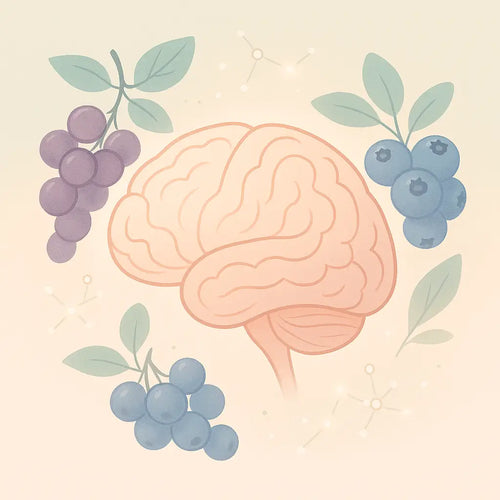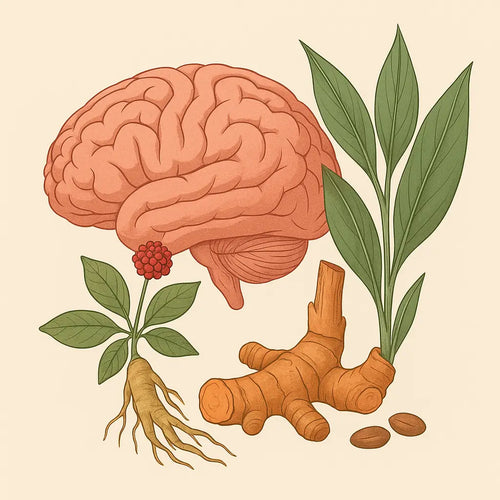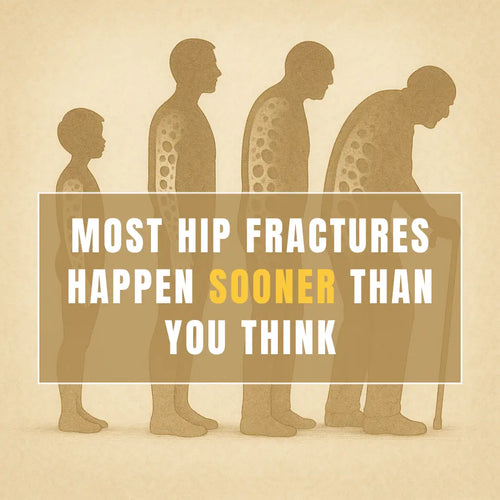Depression, stress and diet can all affect inflammation, but who would have known that stress could alter the effect of a meal.
In a double-blind, randomized, crossover study, 58 healthy women had 4 inflammatory markers tested (Kiecolt-Glaser JK, et al. 2016).
During 2 separate admissions of 9.5 hours, they received either a high saturated fat meal or a meal low in saturated fat.
After the high saturated fat meal, the women’s inflammatory markers increased compared to the low saturated fat meal.
It can be interesting in itself that the women reacted with an inflammatory response after they ate a meal high in saturated fat, but here is the real interesting thing.
When the women had been exposed to stressors the prior day, they also reacted with increased inflammation to the low saturated fat meal.
Stress, in other words, turned a meal which normally did not result in an inflammatory response into an inflammatory meal.
Can you imagine what happens if you feel stressed all day long?
It is not only unpleasant, but extremely unhealthy. This was only one example of that.
Stress is a part of life and is hard to avoid. The real solution is to be stress resistant. This can be learned by practice.
Meditation when used with other specific tools, is a way to improve your stress resistance.
Kiecolt-Glaser JK1,2, Fagundes CP3,4, Andridge R5, Peng J6, Malarkey WB1,7, Habash D8, Belury MA1,9. Depression, daily stressors and inflammatory responses to high-fat meals: when stress overrides healthier food choices. Mol Psychiatry. 2016 Sep 20. doi: 10.1038/mp.2016.149. [Epub ahead of print]

From Stressed to Relaxed in 60 Seconds
You will learn:
- How to implement acupuncture knowledge and affect the vagus nerve in seconds.
- What to do to literally feel more relaxed and also feel less pain and stiffness in your neck in just 60 seconds
How to create lasting results and be more stress resistant.
- How to train your mind so you are in control of how you feel instead of letting other people or situations control you.









